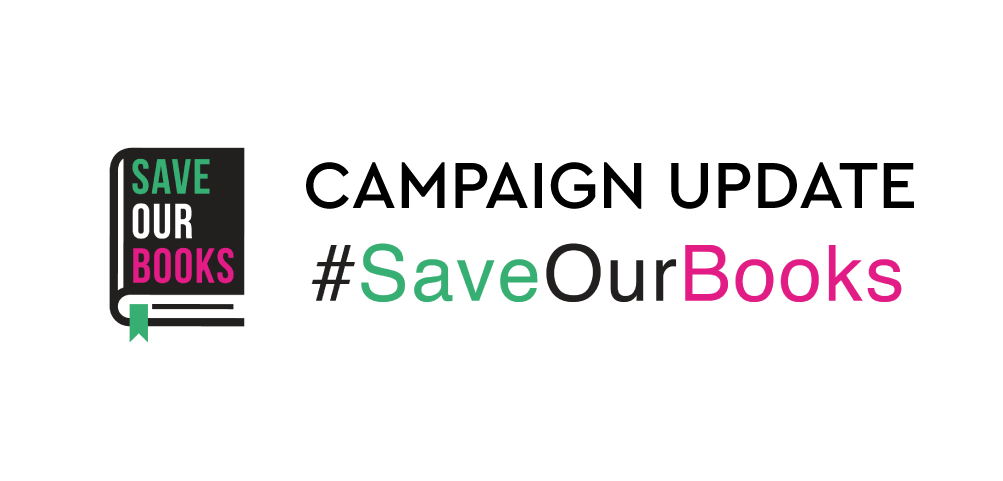
ALCS highlights shocking new research on the potential impact of proposed copyright changes
Read ALCS's response to the recently-released Publishers Association research which predicts a devastating hit to the incomes of both publishers and authors
The Publishers Association (PA) has detailed the impact that proposed changes to the way the copyright system in the UK works could have, both on the profits of the book industry and on authors’ incomes. The PA research has been prompted by the current Intellectual Property Office consultation on a change to the UK exhaustion framework with one outcome being ‘international exhaustion’.
From a survey of its members in July 2021, which looked at the impact of ‘international exhaustion’, the PA found that businesses responsible for 60% of the market share across the UK book market predicted losses of £2.2 billion per year. The knock-on effect of this would see authors lose a collective £506 million of income per year.
Barbara Hayes, Deputy CEO of ALCS, stated:
“The new figures released by the PA are very distressing. We are painfully aware of the devastating impact the past year has had on authors and any change to the UK’s copyright laws as we emerge from this difficult time will do irreversible damage to the incomes of writers.
The copyright exhaustion regime in the UK is considered gold standard, working to the benefit of all those in the supply chain. Writers add so much value economically and culturally to the creative industries, which were responsible for contributing £116 billion to the UK economy prior to the pandemic, so it would be a detrimental move by the Government to risk this. Despite the value that authors contribute to the GVA, in research of our own ALCS found that authors’ incomes had fallen 42% in real terms from 2006 to 2018. Combine this with a predicted loss of £506 million and it creates a damning picture for writers.
The most concerning impact of the projected loss in the publishing industry will be the effect this has on the diversity and accessibility of writing as a profession. The All Party Writers Group, in a report from May this year, made clear that having a career as an author was becoming a preserve of the elite. The recent ‘Boundless Creativity’ report by the Department of Digital, Culture, Media and Sport (DCMS) centred one of its recommendations for recovery of the creative sector on diversifying and nurturing talent. The Government will be unable to achieve this goal if any drastic changes are made to the copyright regime, as it will not only lose talent but close off writing as a viable career option for many.”
Tony Bradman, Chair of the ALCS Board, said:
“These new figures from the publishing industry show the shocking blow that UK creators could be dealt if the Government makes the wrong decision. It isn’t easy to make a living as an author, but a good copyright system has made it possible to succeed at home and internationally.
If we were to have a regime of international exhaustion the consequences could be less pay for authors and fewer publishers that will take a chance and invest in creative talent across the country. I hope everyone involved in the Government’s consultation will hear the concerns of authors, publishers and our cultural and creative industries. With the concerns of talented creators across the UK in mind, I hope they act with caution.”
